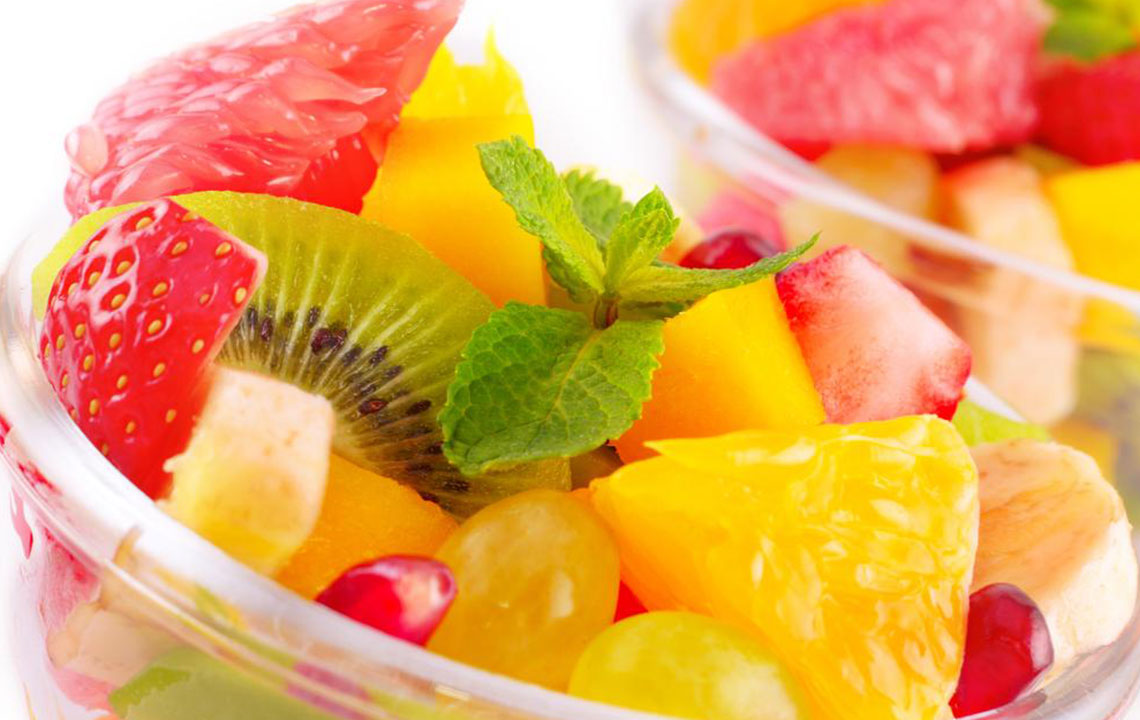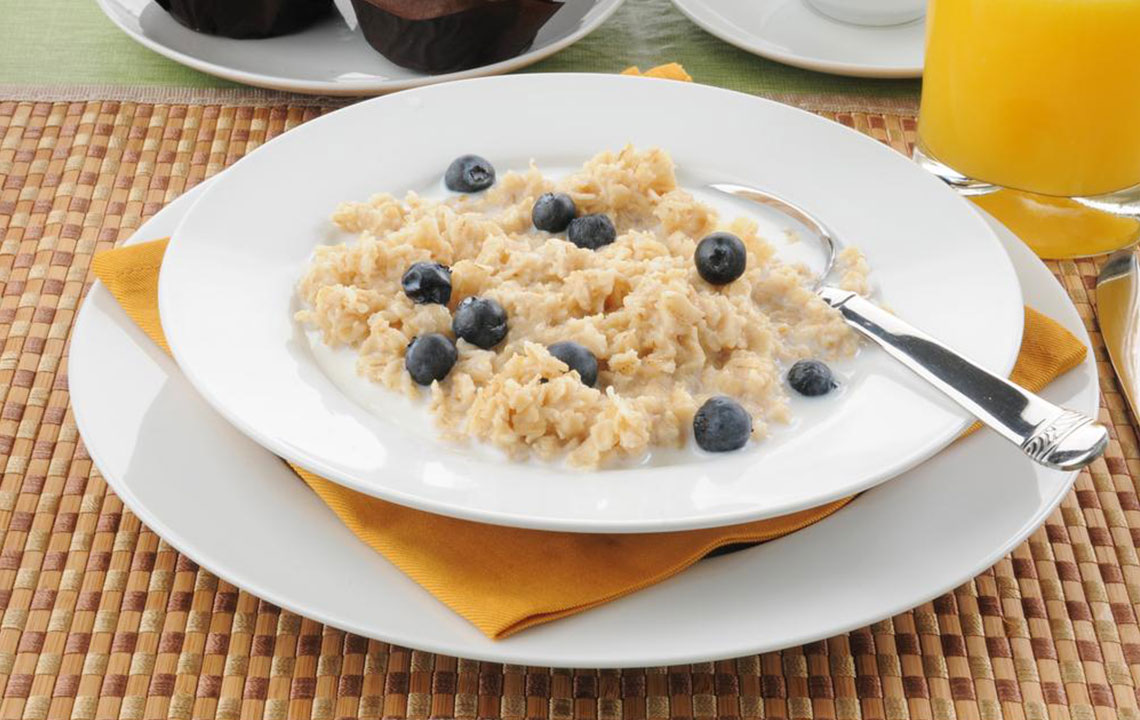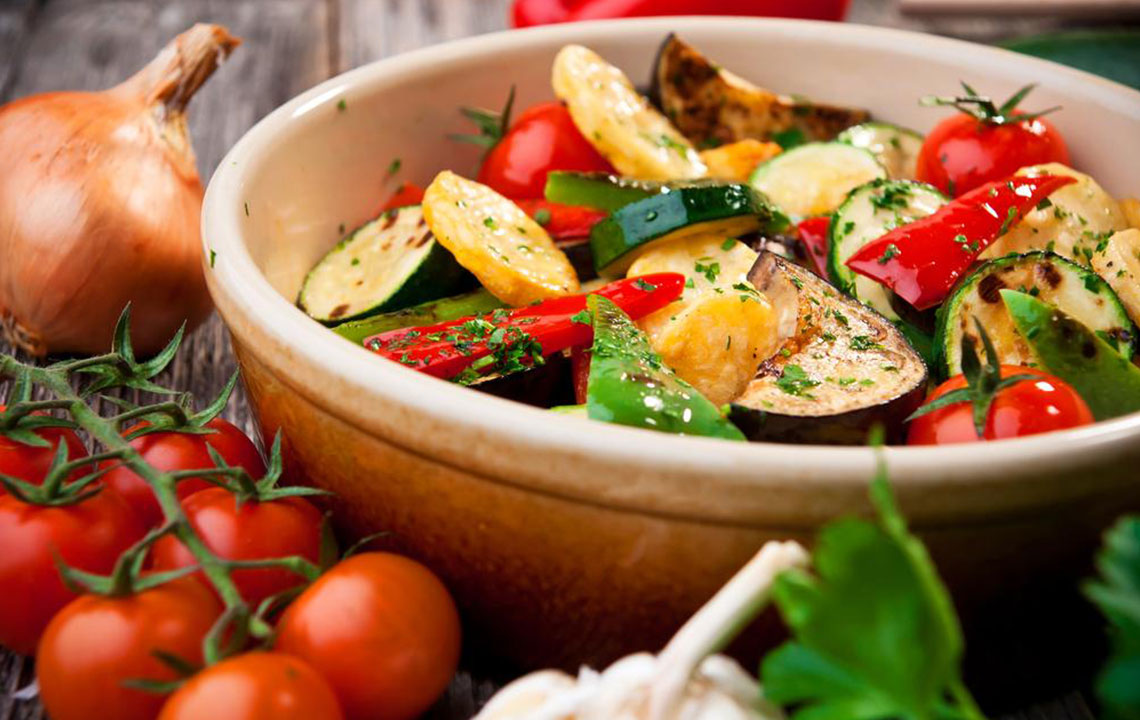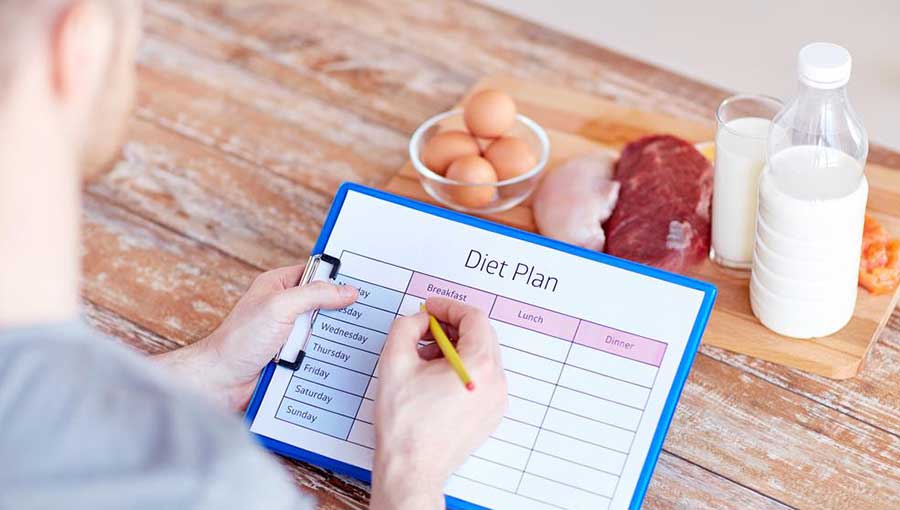Essential Dietary Guidelines for Gallbladder Health
Discover effective dietary strategies to support gallbladder health and prevent stone formation. Focus on balanced nutrition, fiber intake, and healthy fats to maintain digestive well-being and reduce the need for surgery.

Essential Dietary Guidelines for Maintaining Gallbladder Health
The gallbladder, a small organ shaped like a pear, sits near the liver. Its main role is to store and concentrate bile produced by the liver, releasing it into the intestines to aid digestion of fats. This process helps eliminate excess fats and toxins, ensuring smooth digestion.
When digestive enzymes solidify, gallbladder stones can form, caused by factors like high cholesterol, diets rich in saturated fats, excess alcohol, obesity, diabetes, crash dieting, and frequent antacid use.
Symptoms may include nausea, bloating, indigestion, dizziness, back pain, burping, and excessive gas. If medication fails to dissolve gallstones, surgery to remove the gallbladder is often necessary. Adjusting your diet is crucial to prevent stress on your digestion and avoid future stones.
Importance of Diet
Your eating habits are vital not only after surgery but also in preventing gallstone recurrence. High saturated fat diets elevate cholesterol and triglyceride levels, increasing gallstone risk. Overweight individuals are more prone, but crash dieting can worsen the situation by boosting liver cholesterol secretion, forming stones.
Eating plenty of fruits, vegetables, and fiber-rich foods, along with staying hydrated, helps prevent gallstones. A balanced, low-saturated fat diet with moderate calories supports healthy weight maintenance and reduces gallstone formation risks. Essential foods include fresh produce, omega-3 rich cold-water fish, flaxseed, and hempseed.
Vegetables: tomatoes, beets, cucumbers, shallots, okra, sweet potatoes, avocados, carrots, celery, greens like Swiss chard, dandelion, tender greens, onions, and garlic.
Incorporate omega-3 fatty acids through cold-water fish and plant-based sources like flaxseed and hempseed.
Opt for Low Glycemic Index Foods
Foods with low glycemic index, such as legumes and fruits, release sugars gradually, preventing blood sugar spikes and reducing gallstone risks.
Limit Animal Protein Consumption
Reducing intake of animal-based proteins, which are high in fats, and replacing them with plant-based proteins from nuts, seeds, and legumes, eases digestion and lowers gallstone risk.
Manage Calorie Intake
Moderating calories helps prevent obesity—a significant risk factor for gallstones. Avoid drastic calorie restrictions, as these can impair bile flow and promote cholesterol gallstone formation.
Consume Fiber-Rich Foods
Diets high in fruits, vegetables, whole grains, and legumes help prevent gallstone formation. Gradually increase fiber intake to avoid bloating and ensure proper digestion, along with ample water intake to prevent constipation.
Boost Magnesium Intake
Magnesium-rich foods such as dark leafy greens, nuts, seeds, fish, avocados, yogurt, bananas, and dark chocolate can lower gallstone formation risk by maintaining healthy cholesterol levels and reducing triglycerides.
Post-gallstone or gallbladder removal, avoid foods like dairy, gluten, fried items, red meats, spicy foods, alcohol, sodas, artificial sweeteners, and processed foods that may trigger symptoms or complications.









